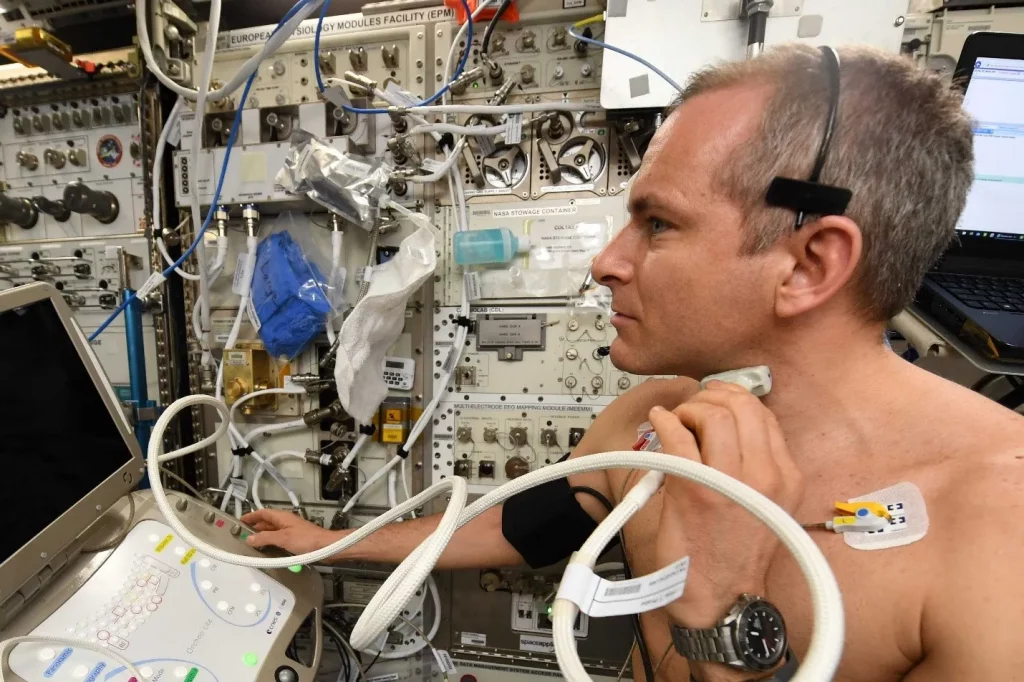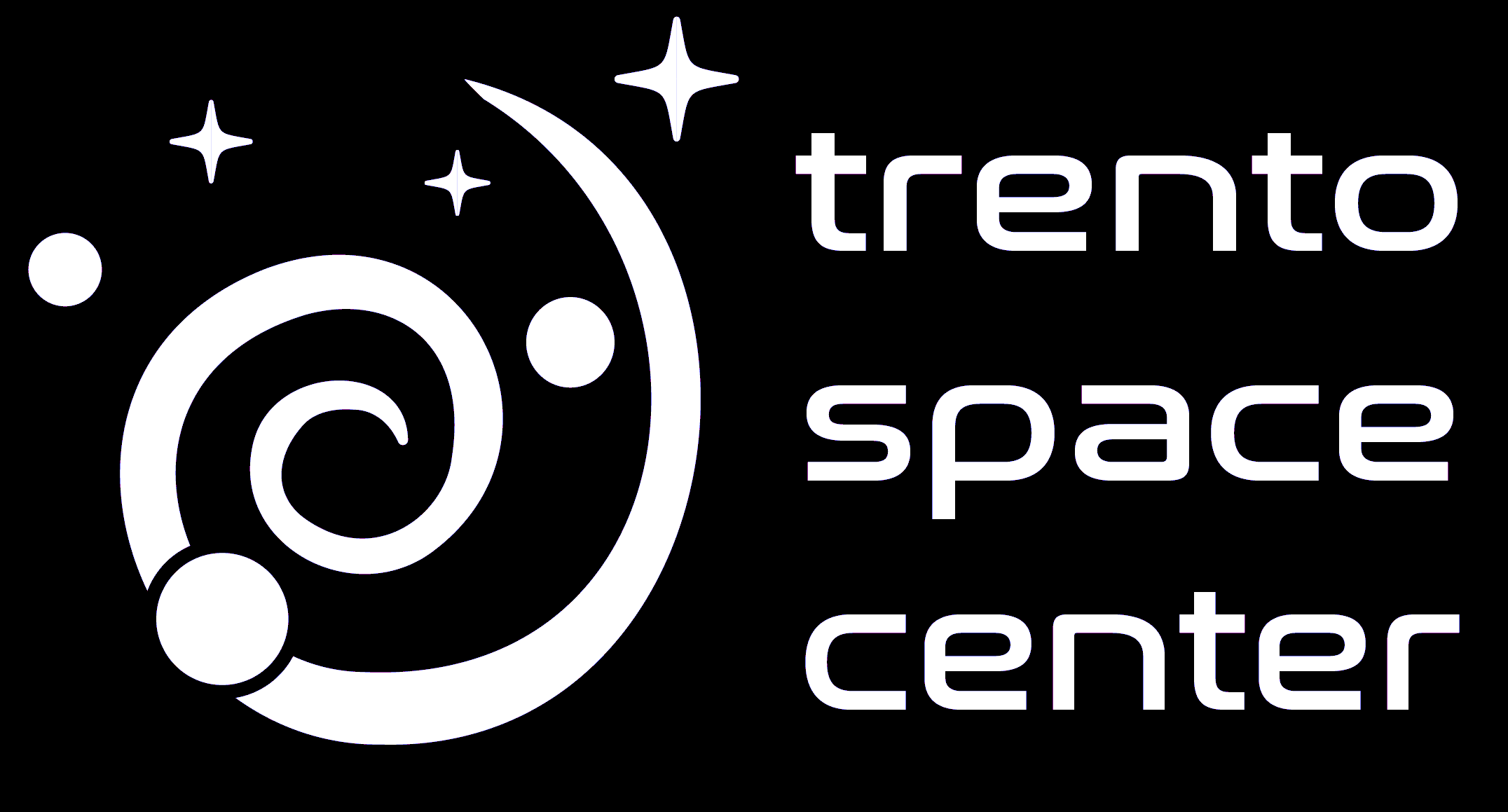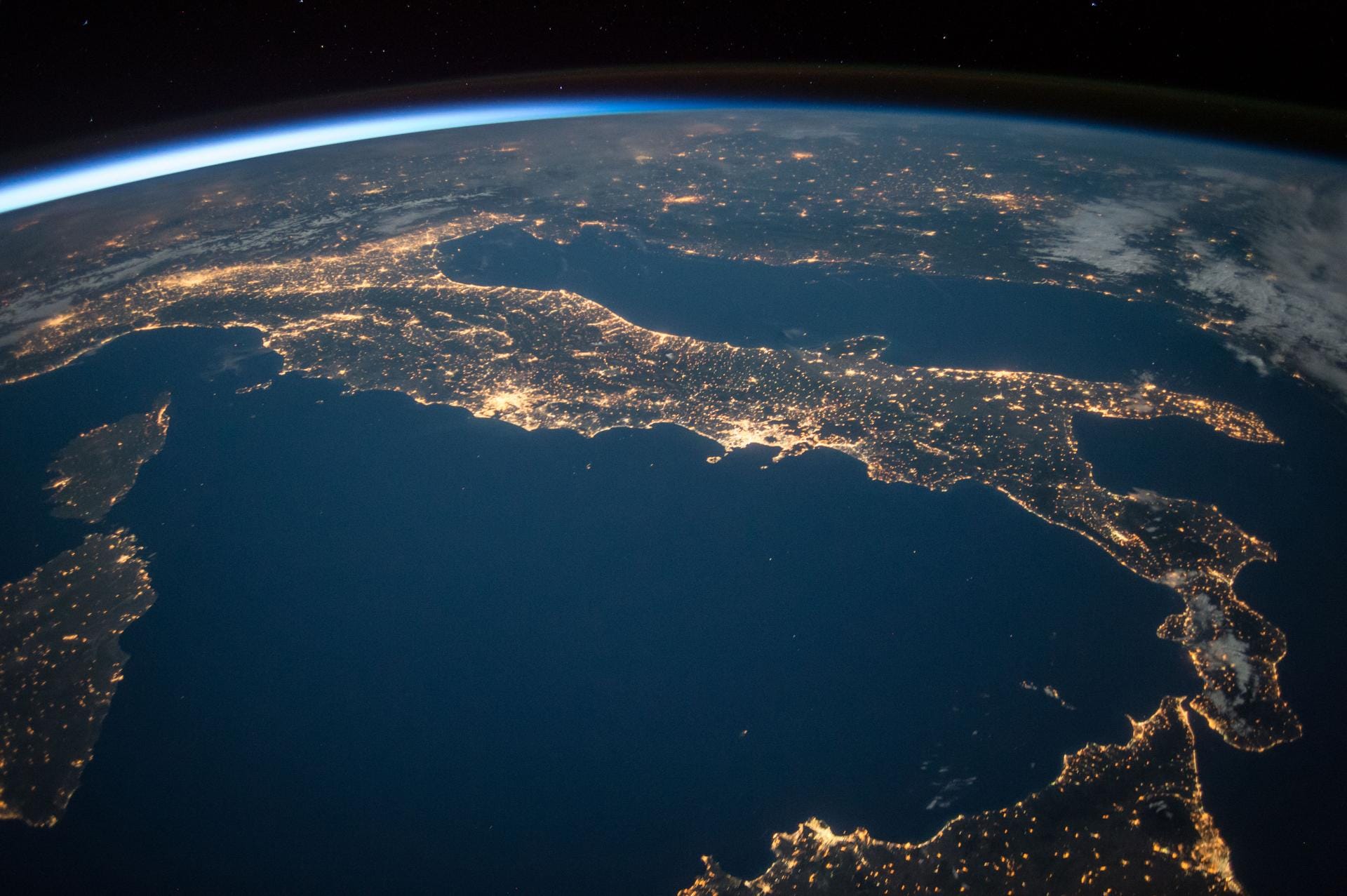Renal function and orthostatic intolerance in microgravity
Prof.ssa Giovanna Valenti, University of Bari “Aldo Moro” – Department of Biosciences, Biotechnologies and Biopharmaceutics

The effect of microgravity on kidney function and volume homeostasis has always been of great interest for researchers. Fluid redistribution from the legs to the abdomen, thorax and the head was one of the first observations that was considered to impact kidney physiology. Exposure to actual or simulated microgravity results in alterations of renal function, fluid redistribution, and bone loss, which is coupled to a rise of urinary calcium excretion making astronauts at risk of kidney stone formation. Better understanding of kidney physiology and volume homeostasis in space is of special interest also because of the orthostatic intolerance complaints after space flight, which are still unresolved despite the use of extensive countermeasures.
Studies performed using ground-based model of microgravity in humans (bedrest studies) demonstrated an early increase in the risk of stone formation and reduced orthostatic capacity post-bedrest within a few days of inactivity. Better understanding of the effects of microgravity on kidney function, volume regulation and osmoregulation are needed with the advent of long-term deep space missions and planetary surface explorations during which orthostatic intolerance complaints or kidney stone formation can be life-threatening for astronauts. In this seminar, we summarise and highlight the current understandings of the effects of microgravity on kidney function, volume regulation and osmoregulation and discuss knowledge gaps that future studies should address.
Monday, September 18, 2023, 9:00 am (link)
Seminar proposed by SST PHD Programme


Comments are closed